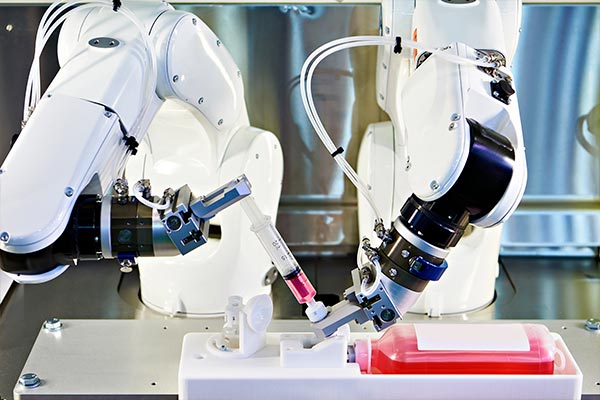Robotic technologies are extremely promising for assisting people with motor pathologies. Available robotic exoskeletons devices are designed only for neurorehabilitation therapy and not for daily assistance. Thanks to recent advances in robotic technologies, related technological challenges can now be tackled more easily than in the past and without prohibitive costs. Therefore, this project is related to the design of low cost exoskeleton. The mechanical design implements gravity compensation by means of elastic elements to substantially reduce the motor requirements and the their cost (saving about 1500 euro per joint). The 3D-printed allows to include affordable force sensors (saving about 1000 euro per joint) and enables a patient-specific design.
The project also includes advanced control modalities based on surface electromyography and force control technology aiming to inferring the wearer will of motion and to gently assist it. At present, we are actively working on these control algorithms which are under refinement.







